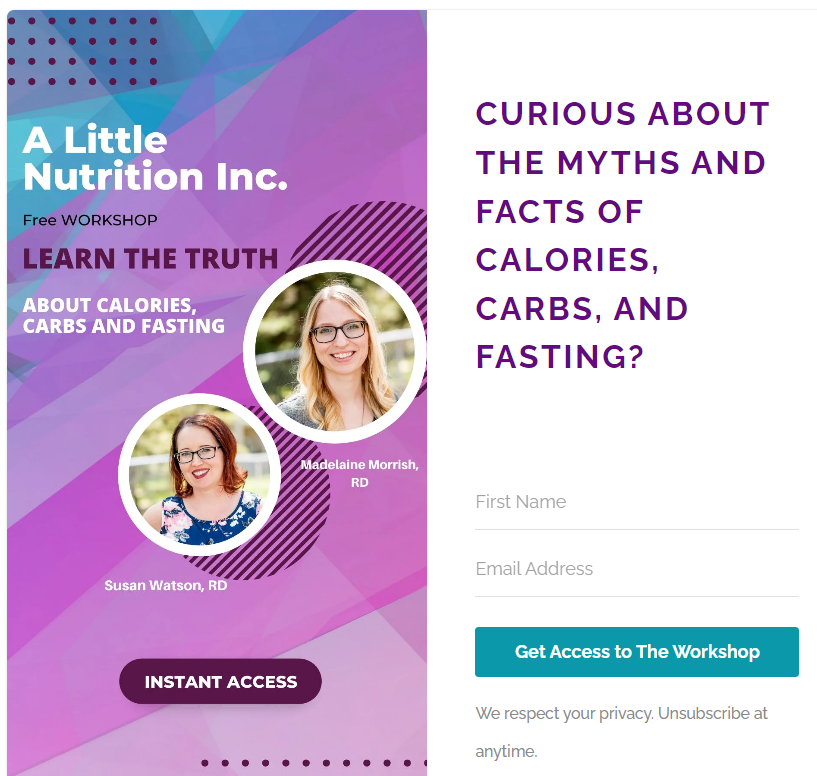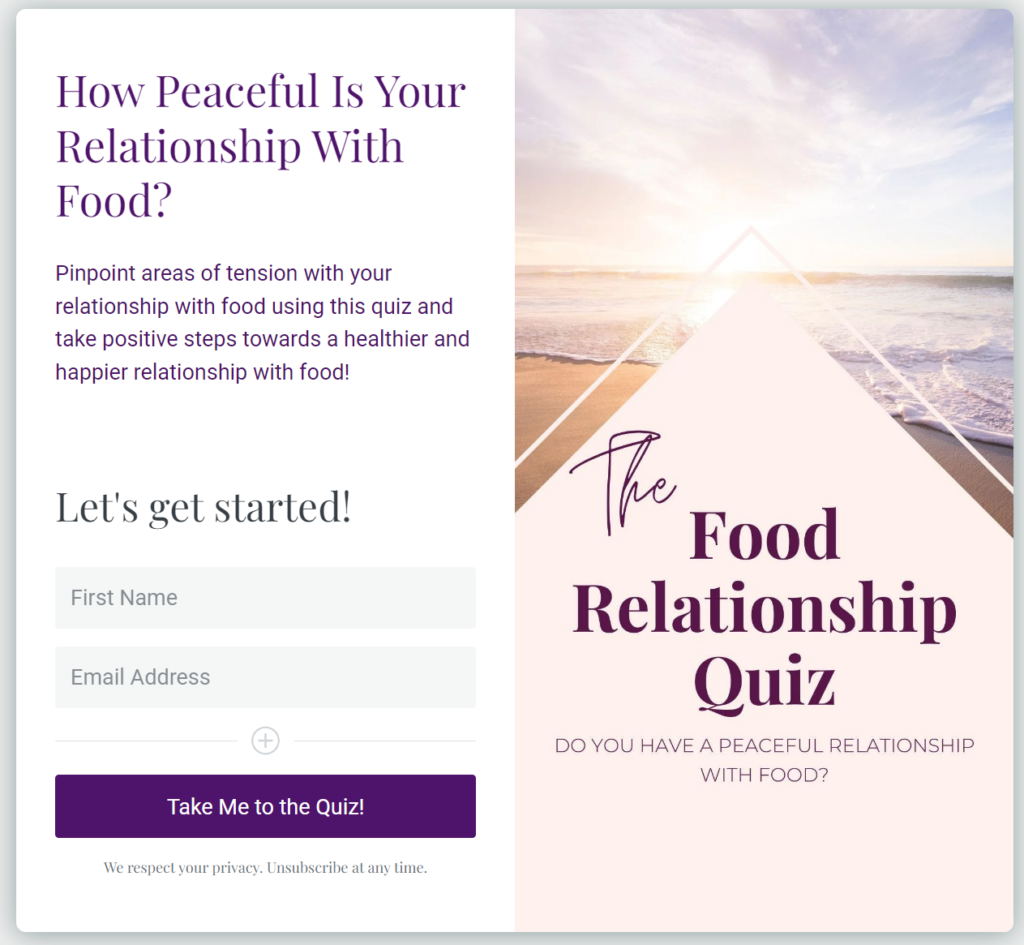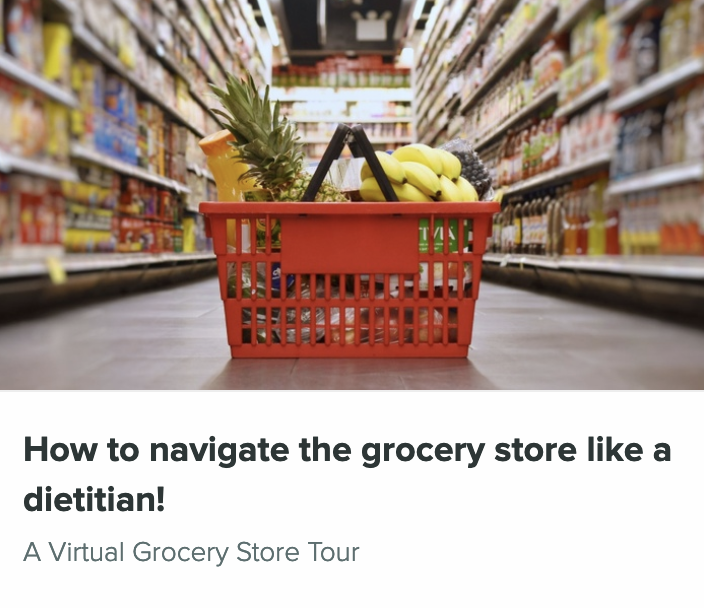Surviving the Holiday Food-Fest: Your How-to Guide
Guest post: Stephanie Hnatiuk of stephaniehnatiuk.com
The Holidays can be a mindful eating disaster. Social events, Christmas baking and boxes of treats taking up about every visible surface can make it really easy to start snacking mindlessly. When we see food we eat food, especially treat foods like Christmas baking and chocolates. Personally, when the chocolatey holiday treats start showing up I can easily lose track of how many pieces of fudge I’ve had if I’m not paying attention. “I’ll just have one” can quickly turn into a whole plate of cookies if we don’t take the time to approach eating in a mindful way. So, here are some of my tips to enjoy the holidays and all the awesome food it has to offer without feeling guilty, deprived, or having an all-out binge for the whole month of December.
Now, a lot of diet-minded resources out there will encourage just using willpower to manage holiday eating (just say no!), or suggest that you should “save up” calories throughout the day or week in preparation for an inevitable binge. I’m going to do neither of those things. Those strategies just aren’t effective! Both mindsets are going to do more harm than good when it comes to your relationship with food. Depriving yourself is likely to lead to a food binge, because the more we tell ourselves we can’t have something, the more we want it! Trying to restrict food intake leading up to a big holiday meal can be equally as detrimental, because who feels good physically or mentally after they overeat? We often feel guilty for going overboard, and can wind up in a nasty cycle of dieting come January.
Let’s be honest Christmas is definitely not the only time of year we’re exposed to more food than we need to consume. Our daily environment is full of food advertisements, convenient snacks, and massive portions that distance us from listening to our bodies’ natural hunger cues. The messages in this article can be put to good use throughout the entire year, not just at the holidays!
Tip # 1: Focus on enjoying the food rather than the beverages
On the grand scale of human life on this planet, we’ve had high calorie beverages readily available for a teeny tiny short period of time. This means that our brains don’t recognize liquid calories the same way we recognize food calories, so they can really add up and be quite sneaky. For example, let’s say you eat a serving of turkey, a scoop of mashed potatoes, some salad, peas and carrots, and a serving of dessert at your holiday meal (yum!) Let’s say in total that meal was 600 calories. After eating your 600 calorie dinner, do you think you could eat that same amount of food again? Probably not, you’d be stuffed! BUT, if you had a few mixed drinks before dinner, you might have drank exactly that without even realizing it.
When we consume liquids, we don’t have to do the work of chewing them, and it’s easy to take in a lot of energy very quickly. The body has to do less work in digesting the liquids, because there’s no fibre or protein slowing down the digestive process. We can drink hundreds of extra calories every day and not feel full.
My advice? Don’t fill up on liquid calories. Instead, stick to beverages like water (you can make it a bit more exciting by trying some sparkling or no-sugar-added flavored waters). When it comes to booze, keep the drinking to a minimum, and use low-calorie mixes where you can.
Tip #2: Use the hunger scale to decide how much to eat
This is a skill that I encourage my clients to use all year-round, not just when it comes to holiday eating. Haven’t heard of the hunger scale? It’s a 10-point scale to assess your hunger and fullness. It helps us regulate how much we eat, without needing to measure portion sizes.
Here it is:
1- The hungriest you have ever been
2- Very hungry. Your stomach feels empty and is calling for food
3- Hungry. Your stomach is asking for food
4- A bit hungry. Your stomach is whispering for food
5- Not hungry, but not full. Your stomach is quiet
6- You have eaten to the point of satisfaction, but your stomach is not full
7- Your stomach is starting to feel more full
8- You are full, your stomach is telling you to stop eating
9- You are overfull, your stomach feels uncomfortably full
10- The fullest you have ever been. You are so full you feel sick
At one time or anther we’ve all been at all ends of the hunger scale. What we want to do is avoid getting past a 6 in most food situations. This means we’re enjoying all of the amazing food life has to offer us, but we’re not eating so much of it that we are stuffed.
I like using the hunger scale because it helps us practice listening to our bodies when it comes to regulating how much we eat. When there is an abundance of food around it is easy to let all of that portion control stuff go out the window, and no one should be expected to start measuring out their food at a a holiday dinner.
My Advice? Before you start eating, take a second and think: Am I hungry? If the answer is no, try to put some distance between yourself and the snacks. If the answer is yes, practice figuring out where you are on the hunger scale. Eat slowly and think about where you are on the hunger scale as you eat your meal. Stop eating when you’re satisfied, not when you’re stuffed (around a 6). It takes practice to do this well, but it’s worth it!
Tip #3. Pick your favorites
I can’t stress this one enough. Your stomach only has so much space available before it needs to stretch to accommodate extra food. Feeling uncomfortable stuffed isn’t a nice feeling, so why waste precious real estate on food you don’t even like?
I get it, we don’t want to hurt feelings. But is pleasing someone else worth the negative feelings that stem from overeating? In many families food equals love, but it’s doing more harm than good when we overeat because we feel like we can’t say no. It’s a lose-lose really.
My Advice? Before filling your plate, take a scan of the options. Don’t waste plate space on things you really don’t care for. Pick the foods that you really love, and especially ones you only get to have on holidays. If you aren’t sure if you’ll like something, just take a teeny tiny serving of it to try. It prevents you from feeling pressured to eat something you don’t enjoy, and cuts down on food waste.
Someone trying to force food on you? “No thank you, I’m full” is usually enough to get them off your back. Occasionally though, the food-pusher is relentless, but don’t cave! Instead, tell them you’re much too full right now, but you’d love to take some home with you for leftovers. Works every time.
Tip #4. Make healthy choices as much as possible
For many people with a dieting mindset, one “bad” meal can throw them off for the whole month. A Christmas party in late November starts the downward spiral, and the eating and drinking fest doesn’t stop until after brunch on January 1st. Cooking healthy meals goes out the window, and the boxes of chocolates at the office are snacked on all day long. They tell themselves the diet starts in January.
My Advice? Keep doing the healthy things no matter the time of year! This means that in-between your social events and holiday meals, just stick to the basics of healthy eating that you already know. The black and white way of thinking (You’re either on a diet or completely off it) just adds fuel to the fire of a bad relationship with food. Enjoy the fun times and great food the holidays have to offer, but don’t lose sight of the balance and moderation that is the foundation of a positive food relationship.
Tip #5: Keep moving!
You knew I’d sneak this one in there….
I can’t emphasize enough how important it is to keep up with your regular physical activity during this busy time of year. Not only is exercise great for physical health, it also helps us cope with stress and the mental drain that this time of year can bring. The holiday season is hopefully a mostly positive one, but for some Christmas can be very stressful. So many clients I work with recognize that in times of stress they turn to food to cope. If we aren’t utilizing other outlets for stress (like movement), and we’re bombarded with our favorite treats all-month long, how can we be expected to avoid mindless or emotional eating?
My Advice? Make activity a priority. Maybe it won’t be your usual gym workout if you’re traveling over the holidays, but every little bit of movement counts. Plan family activities that involve movement vs sedentary ones, or take out your yoga mat for a little alone time when things get hectic. There is no wrong way to get active!
Remember: The holidays are a time of celebration, not deprivation. We should all be able to enjoy the amazing array of foods life has to offer without feeling guilty about it. Mindful eating can help us all approach food in a positive way, rather than being another cause of stress in our lives. Share this article with someone you know who would like to learn to eat mindfully!
Do you want to learn how to improve your relationship with food or come a mindful eater?
A nutrition coach can help! We decode the mystery of a healthy balanced diet and help you feel good about your nutrition! Make the changes you need to feel your best.
Give us a call 204-792-1893 to see if working with a registered dietitian nutrition coach might be a good fit for you or click here to book an appointment
*We offer direct billing to most medical insurance companies!







